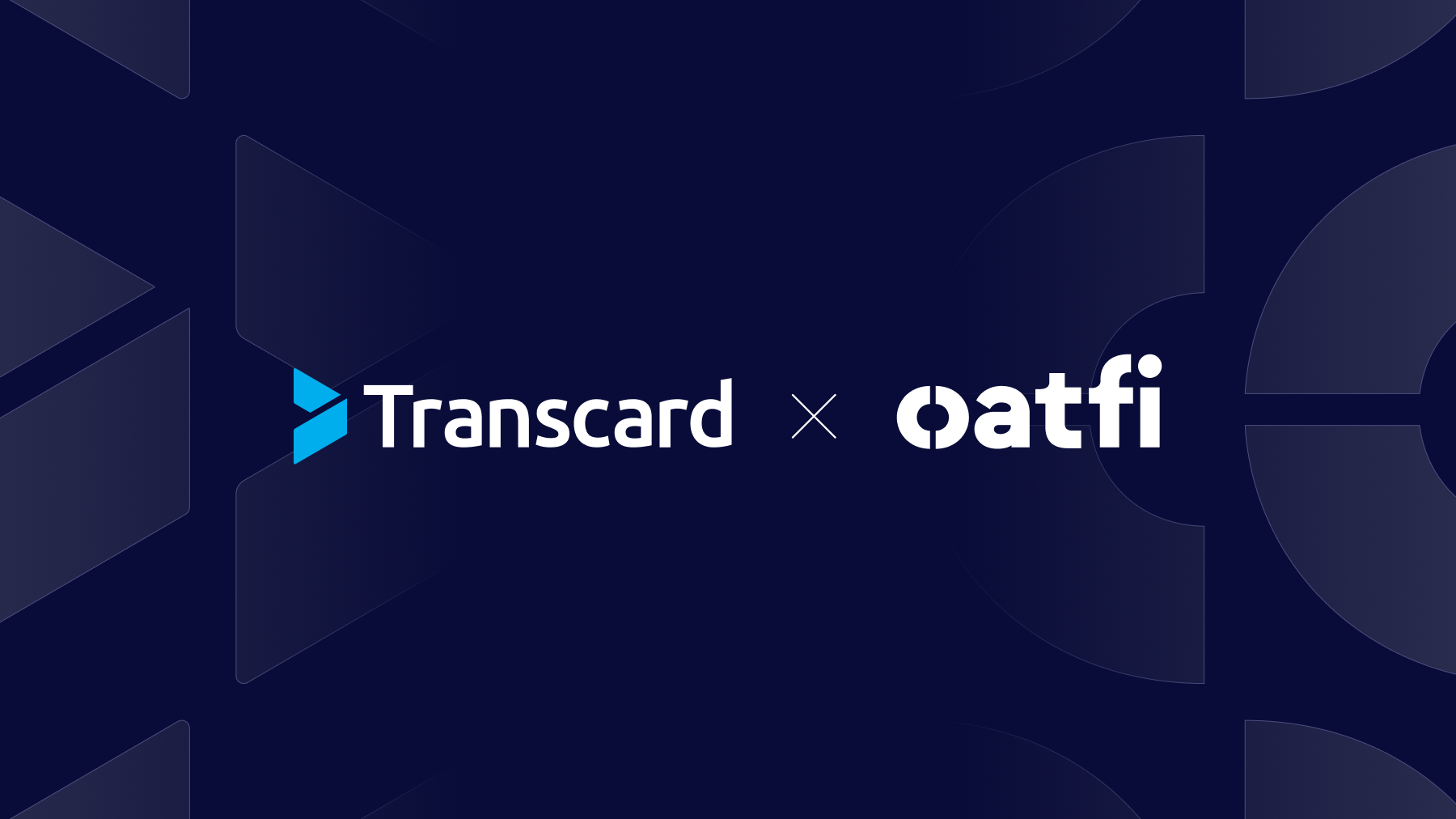Growth is on the minds of CFOs.
Next to the physical health of their employees, profitability, cash flow and financial planning are the No. 1 priority of CFOs, Deloitte finds. In fact, 81% of CFOs surveyed by Accenture see identifying areas of new value as one of their primary responsibilities.
Payments represent one area of new value for CFOs.
Optimizing payments to suppliers provides organizations with the efficiencies, visibility and control required to support corporate growth. But achieving these benefits will require organizations to take a new approach to disbursements.
The Problem With Disbursements
There are three big problems with the way that most businesses pay suppliers and individuals:
Too Many Manual Processes
71% of businesses surveyed by Levvel Research say that a top pain point of the accounts payable process is manual data entry and inefficient processes. Most businesses disburse funds using a hodgepodge of point solutions and closed-loop networks, each with their own logins and passwords, account requirements, file formats and propriety integrations.
As a result, accounts payable staff waste lots of time keying data, shuffling paper, chasing down information, and responding to payee inquiries. That’s time that payables staff can’t spend on higher-value activities that help a CFO grow the business – things like data analysis, stakeholder collaboration, and supplier management.
Inadequate Visibility
77% of businesses consider improving visibility into supply chain processes a critical or moderate priority, Levvel Research reports. Point solutions and closed-loop networks make it hard for CFOs and other decision-makers to know where things stand with cash flow and corporate spending. Data silos, poorly organized data, and outdated information abound.
Accounts payable staff must manually reconcile reports from multiple bank portals and standalone Fintech payment solutions. Gathering and analyzing historical payment information can be an even bigger chore.
Too Much Risk
74% of organizations experienced check fraud in 2019. That’s according to the Association for Financial Professionals’ 2020 AFP Payments Fraud & Control Survey. It’s hard to prevent paper checks from falling into the wrong hands. But electronic payments also are vulnerable to fraud, without the proper controls. Phishing schemes and Business E-mail Compromise (BEC) attacks have grown with the increased volume of ACH payments.
And the operational disruption caused by the sudden shift to remote working has made things worse for businesses. Some businesses have been forced to choose between hardened checks and balances and getting suppliers when accounts payable staff are unable to get into the office.
As staff work from home, many businesses are leaning hard on e-mail to route payments for approval and to onboard suppliers.
E-mail is not secure, it doesn’t provide a chain of custody assurance, it doesn’t enforce separation of duties, it doesn’t track actions taken on a transaction, and it doesn’t prevent critical information from being deleted ahead of schedule. CFOs know that payment fraud can result in significant financial losses, reputational damage, strained trading partner relationships, and even fines.
These pain points make it challenging for CFOs to grow the business.
The Benefits of Embedded Payments to CFOs
Embedded payment solutions help CFOs address the biggest pain points in disbursing funds.
Frictionless Payments
Embedded payment solutions enable accounts payable staff to initiate single or mass payments with one click of the mouse from within the familiar screens of their legacy software or ERP application. No more check printing or stuffing envelopes. No chasing down managers for approval. No more checks lost in the mail that must be replaced. The efficiencies provided by electronic payments free staff to focus more time on strategic activities that support a CFO’s objectives for driving revenue growth and profitability.
What’s more, embedded payment solutions provide CFOs with greater control over the timing of payments for optimum working capital management. Approved payments can be made instantly or scheduled for a future date, depending on the organization’s cash flow.
Transparency
Embedded payment solutions provide real-time visibility into the status of payments. Accounts payable staff can instantly view invoices ready for payment, payments that are in process, suppliers awaiting onboarding, and payments eligible for financing.
Details such as the total value of invoices ready to pay and the individual invoices associated with a payment - are instantly available. And staff can easily access historical payment information to analyze trends and forecast cash. These insights empower CFOs and their finance teams to make better-informed decisions about cash flow and corporate spending.
Enhanced Control and Auditability
Embedded payment solutions mitigate the risk of payment fraud. The technology is seamlessly integrated into a buyer’s software or ERP application, reducing errors and the need for risky handoffs. There’s no chance of payments being intercepted in the mail.
All payment data resides in a single consolidated system with bank-grade security. Virtual card transactions use a randomly generated number, or token, associated with a card account that can only be used once and only for an amount and time range defined by the payer.
Real-time payment reconciliation enables staff to quickly act on suspicious transactions. And built-in onboarding tools validate the payee’s identity.
Embedded payment solutions provide CFOs with a better option for managing payments and cash. CFOs are looking ahead to growing their businesses. They want to improve revenues and profits. Embedded payment solutions are one tool for helping them do that.
Learn how we are helping CFOs grow and take a smarter approach to disbursements.




